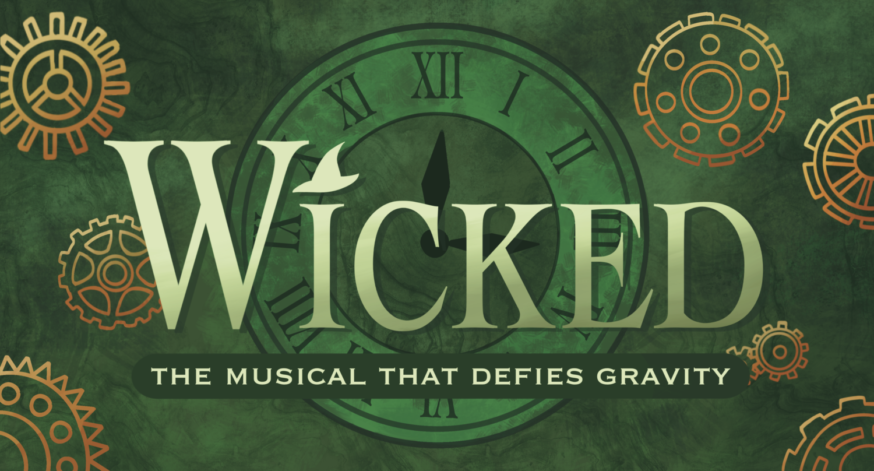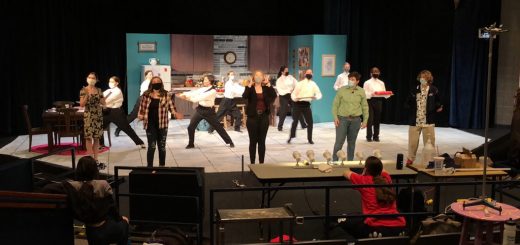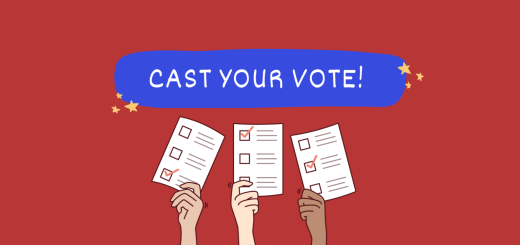The musical that defies gravity: activism in Wicked
 Jessica Pfeifer | Conant Crier
Jessica Pfeifer | Conant Crier Wicked is easily the most spellbinding production I have ever seen performed on a stage. The musical is filled to the brim with outstanding characters and plot that make the show into a cohesive story.
Welcome to “Wicked: a musical that defies gravity” where I will dive into this show’s heart and dissect it bit by bit in order to discover what makes this musical so compelling. This is the fourth and final installment in this series where we will discuss activism in Wicked.
Wicked is a show rife with activism. It pokes out from underneath a cover of fantasy and magic, revealing a much deeper story. In Wicked, magical scenarios are used to convey messages and lessons that can be applied to real life.
By using symbolism, Wicked dissects complex race-related issues in a manner that is both engaging and easy to understand. A child could watch the show and have no idea about what was truly being discussed behind “Oz’s curtain.” But as a young adult, these themes become strikingly apparent. It is important to have material that acknowledges racism in a way that completely removes the viewer from all implicit racial biases they might have had going into the show. Rather than using humans with different skin colors they use humans and anthropomorphic animals to illustrate racism. The animals, despite being just as capable as the humans, are being stripped of their rights which Elphaba quickly realizes is wrong. This allegory allows the viewers to learn from an open-minded approach without even being consciously aware of it. Finding a way to approach the topic of racism with younger people is very important and Wicked provides an excellent way to accomplish this.
By watching Wicked, young adults are shaped to understand the importance of standing up for their beliefs with the understanding that it would not be easy and they could be villainized for doing so. Elphaba continuously fights for what she believes is right, even when it is to her own detriment. Seeing an example of someone so willing to put their own happiness at stake for the well-being of others teaches children and young adults to put other people above themselves when there are other people whose voices are being silenced. If children do not learn this at a young age, they are far more likely to become bystanders in their day-to-day lives, which reduces the speed with which major changes can be made.
With the final installment of this series, it is clear that from its redefinition of tropes, to its positive portrayal of powerful women, to its recognition of societal tensions, Wicked is a powerful show that everyone should take the time to watch. No matter their age, gender, or background, they will take something valuable from this show. There’s no other way to put it: Wicked is simply a wicked show.




Recent Comments